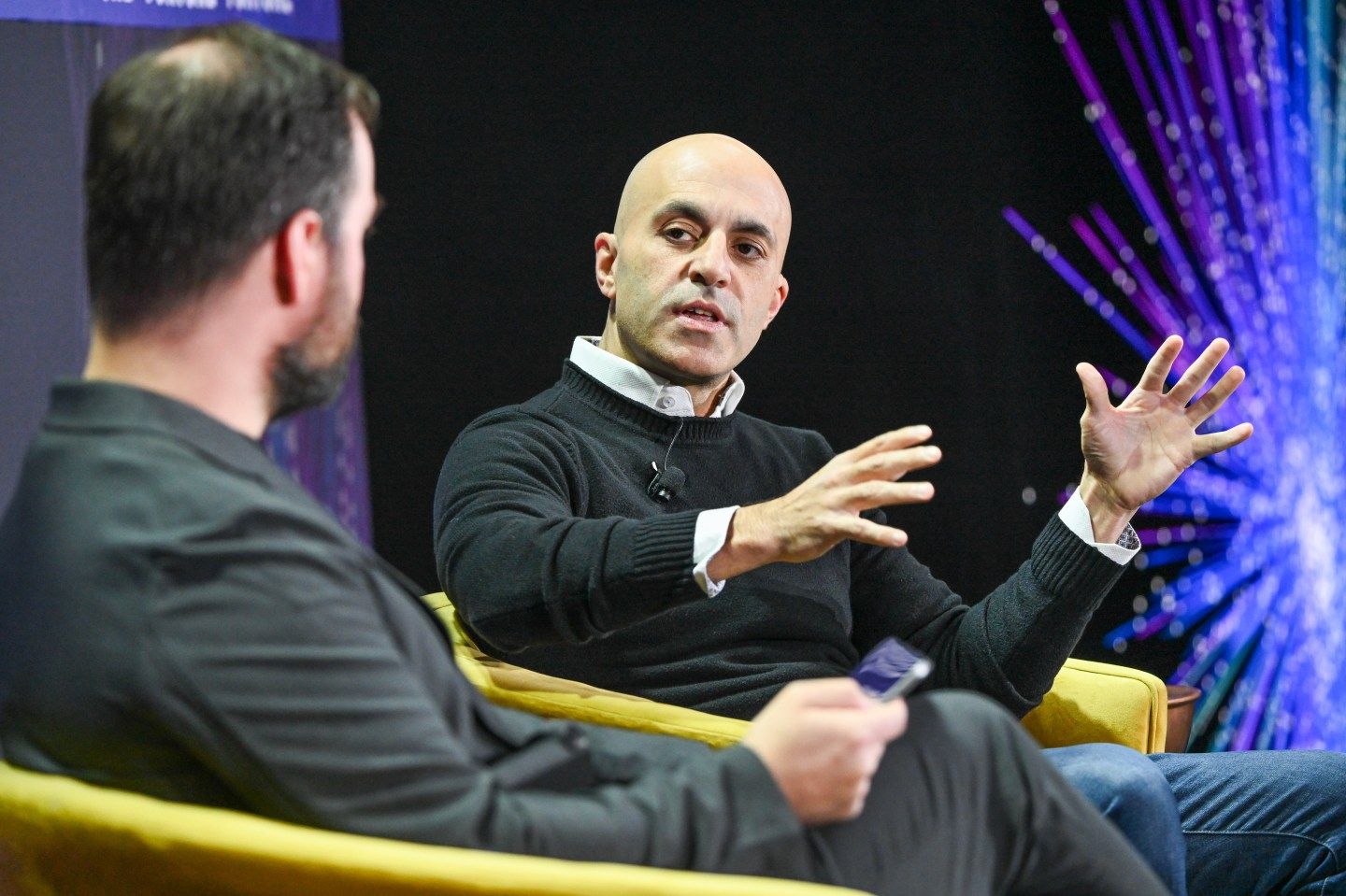This is the web version of the Bull Sheet, Coins2Day’s no-BS daily newsletter on the markets. Sign up to receive it in your inbox here.
Wipeout!
The Chinese markets reopened on Monday, following an extended Lunar New Year break. It was ugly. Local investors took a massive haircut. The biggest indices closed down around 8% with more than 2,600 stocks falling by the 10% daily limit (which doesn’t bode well for tomorrow). It was the worst trading session in five years.
The culprit again is the deadly coronavirus outbreak, which is forcing the closure of shops and factories across the country, the cancellation of conferences, events and business travel, and is roiling the commodity prices of everything from crude to copper everywhere around the world. Latest numbers: over 17,200 cases and 361 deaths in China.
The good news? The European markets are in the green this morning, and the U.S. Futures too are pointing up.
The China sell-off should come as a surprise to no-one. The U.S. And European markets were open last week and had a rough stretch as the virus went from local outbreak to global pandemic. So of course Chinese investors had to take their medicine today.
Still, Chinese central bank officials, who did their best on Monday to cushion the blow by cutting the repo rate and injecting billions of yuan in stimulus, were not happy with investors.
The People’s Bank of China wagged its finger at the people, saying the “stocks plunge had irrational or even panic elements, triggered by herd behavior,” Reuters reported, citing a PBOC newspaper commentary published after markets closed.
Irrational behavior…or orderly sell-off?
***

Here’s the tale of the tape this morning. China’s big three indices—the CSI 300 Index, Shanghai Composite and Shenzen Composite—dropped like a stone from the open, down as much as 9% before recovering ever so slightly (see chart above).
How does that compare to global markets? The S&P 500 fell 2.1% last week, and is down 3.1% since the outbreak was disclosed on January, 17.
The equities markets’ response to the coronavirus so far has been choppy. Yes, there have been big daily swings. But the boldest investors have been buying on the dips, keeping the downturns somewhat limited. As we go into trading today, the Dow stands 2% below where it was at the start of the year. As one analyst told Coins2Day‘s Anne Sraders on Friday: “I think this is going to be, frankly, a healthy correction.”
That doesn’t sound like panic from where I sit.
Bernhard Warner
@BernhardWarner
[email protected]
Today's reads
Jamie Dimon's "high class" problem. In the past three years, JP Morgan Chase has purchased $59.5 billion in its own shares—a buyback that would be worth $75 billion in today's price. The stock is getting so pricey that it might be even too expensive for America's biggest bank, the Wall Street Journal reports, prompting Chief Financial Officer Jennifer Piepszak to describe it as a "high class problem."
Belt-tightening in Switzerland. After a disappointing 2019, Credit Suisse has frozen its investment bank bonus pool, the Financial Times reports. It did the same last year. Staff in the Swiss bank’s advisory and capital markets business will see their bonuses cut by a percentage in the “high teens” as the division heads for its worst annual results in at least five years, the FT says.
All eyes on Iowa. Conventional wisdom says presidential hopefuls must target a top-three finish in today’s first-in-the-nation Democratic Party caucus in Iowa. As Bloomberg reports, Bernie Sanders is emerging as the favorite, with Joe Biden, Pete Buttigieg and Senator Elizabeth Warren are all polling well enough to have a chance of securing delegates.
Market candy
Commercial logic. Even after the Kansas City Chiefs stormed to their first Super Bowl win in 50 years on Sunday, the debate will rage on over who had the best commercial. In a comment piece for Coins2Day, Ken Wheaton, former editor of AdAge, tells us why, in the streaming age, major marketers still pony up for the most expensive ad space on TV. These ads doesn't come cheap. This year’s Super Bowl broadcaster, Fox, charged $5.6 million for a 30-second spot.











